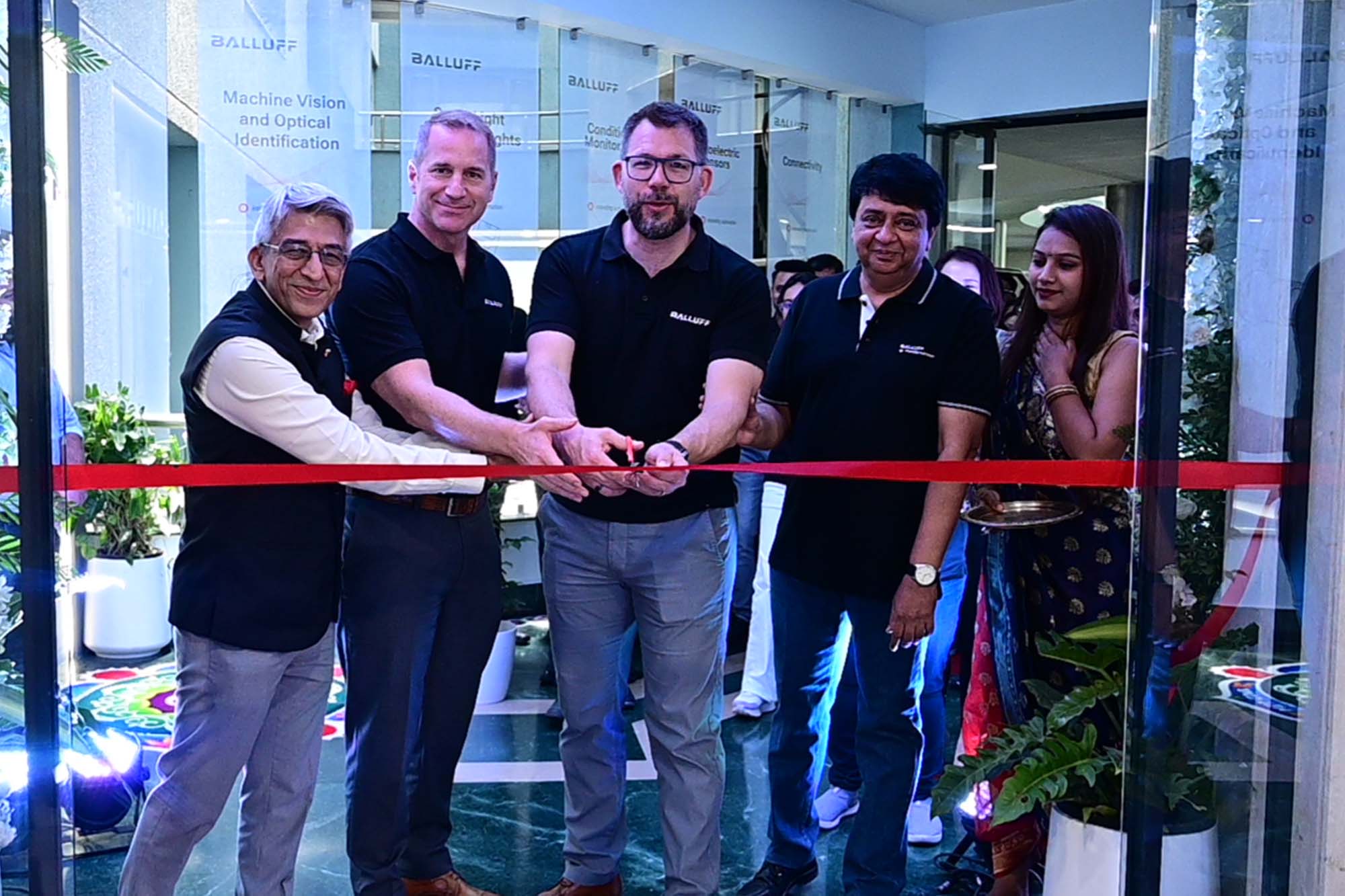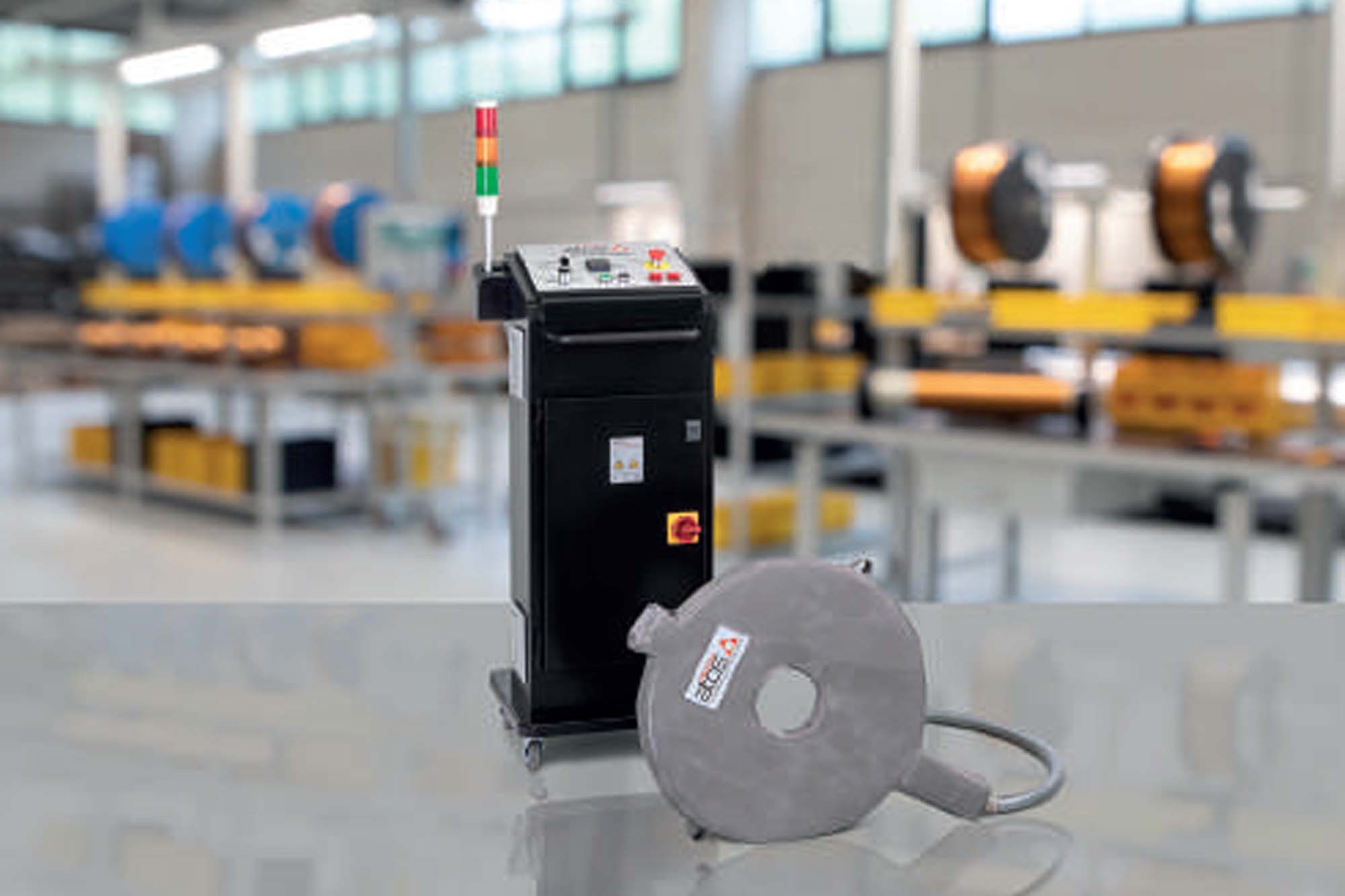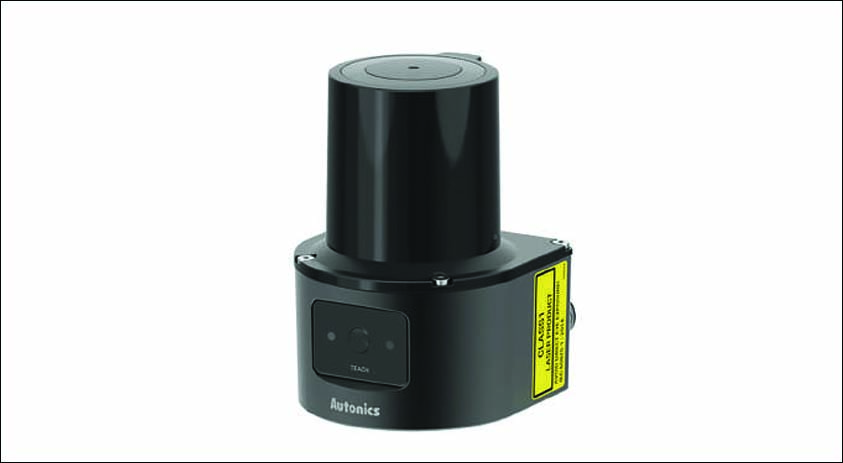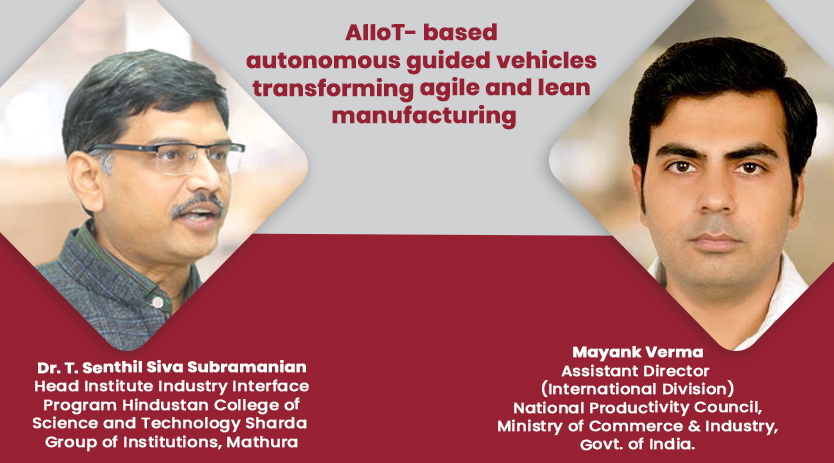Digital factories: the future of manufacturing in India
By OEM Update Editorial October 12, 2021 2:26 pm IST
Various manufacturing industries of the world including Saint-Gobain, SEPR are all set to head towards a more agile, flexible manufacturing process, fusing technology, machine and man.
A smart factory is a concept used that describes the application of different combinations of modern technologies to create a hyper flexible, self-adapting manufacturing capability. Smart factories are an opportunity to have new benchmarks of efficiency and flexibility by connecting different processes, information streams and stakeholders in a streamlined fashion. Smart factories can also be referred to as “digital factory” or “intelligent factory.”
Smart Manufacturing means bringing the elements of smart technology -computing power, artificial intelligence, and advanced data analytics – to the traditional production process. These technologies can help systems unlock new opportunities to accelerate development, reduce waste, and increase transparency of the supply chain.
Various manufacturing industries of the world including Saint-Gobain, SEPR are all set to head towards a more agile, flexible manufacturing process, fusing technology, machine and man. Our factories both at Palakkad and Perundurai facilities are well integrated with traditional automation to a fully connected system.
We have advanced and made use of our process that employs computer controls, simulation, big data and other automation to improve manufacturing efficiencies. In this concept, a smart factory has interoperable systems, dynamic modeling and simulation, intelligent automation, strong cyber security and networked sensors used in the industry network. Some of the key technologies we use for smart manufacturing include big data processing capabilities, industrial connectivity devices and services.
Our business process and the proven technology-driven approach that utilises internet-connected machinery to monitor the production process uses our ‘Ignition’ platform which is the key for data collection and its application. We rely on the data collected which helps us through our daily monitoring and data management to track the efficiencies. We have a wide-ranging category of manufacturing that employs computer-integrated manufacturing, high level of adaptability, digital information technology and more flexible workforce training in the shop floor.
We collect product data from our machine boards in the finishing lines and correlate results so that the anomalies can be detected in real time. Our machine learning algorithms can also find issues that would not be detected otherwise, so we can find and fix more issues faster.Standardised solutions we adapt in Saint-Gobain, SEPR include, Machine Boards, MES Application, Data Lake, Real time location tracking, Virtual inspection. The Machine Boards are built for Individual machines or process sections by using the Ignition Platform. It covers all functions including – Machine Connectivity, Process & Equipment, Parameters, OEE & KPIs, Downtime Tracking. The MES Application covers the entire Plant Overview of the Manufacturing process. The plant is fully WIFI enabled and the mobility of various devices is easy for data capturing. The functions include – Process Overview, Product Genealogy, Production Tracking, Plant Level Quality Book, ERP Connectivity, Alerts & Notification.
The Data Lake collects data from Machine boards and MES applications pushed to the Centralised data lake for streaming analytics. Following the reports, data can be collected from the lake. This includes – Enterprise KPIs, Enterprise Quality Book, Big Data, DNA Academy, Tools used.
Smart factories that we use in Palakkad and Perundurai enable real time location tracking, bin tracking, where poured fused castings are kept for annealing process in the bin. The number of days varies from 7 to 21 days with respect to quality and size of blocks and within the curing period bins will move places within the annealing bay. On the due date, locating the bin for the next operation can get difficult at times.
In conclusion, the future of manufacturing is Smart, however, turning what has traditionally been a manual process like an assembly line into a smart factory does not happen all at once and proper incentive with a clearer understanding of Industry 4.0 must be in place.
Smart Factories are Cost Effective & Scalable, they enable Live Tracking and Automated Process Control with increased accuracy of Data Analytics. And in Saint-Gobain SEPR factories all finished products are dispatched to customers after the physical inspection clearance given by the customer on our site. SEPR has also adopted the digital solutions of Virtual inspection by Google X-Pert eye solution
Cookie Consent
We use cookies to personalize your experience. By continuing to visit this website you agree to our Terms & Conditions, Privacy Policy and Cookie Policy.


















